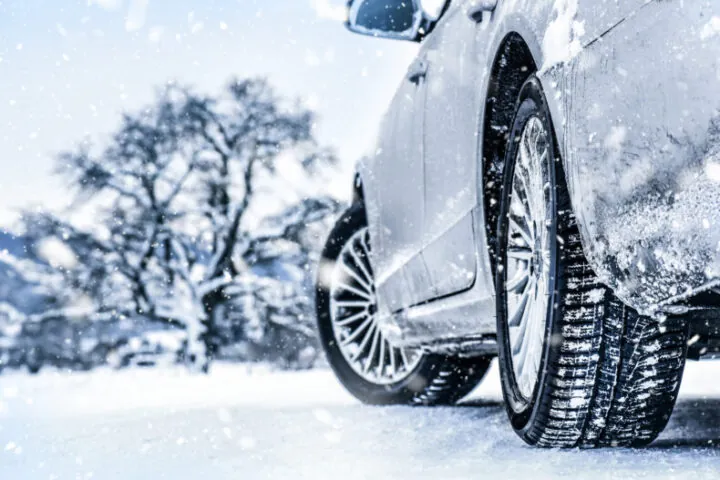Who Is Liable if Someone Else Is Driving My Car and Gets Into an Accident?
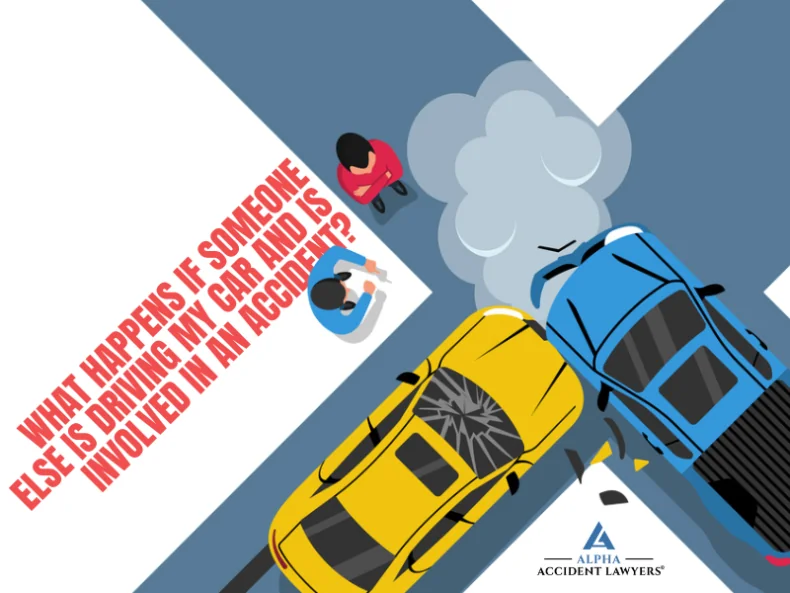
If someone else drives your car and gets into an accident in California, determining who is liable for the damages can be complex. Factors like who was at fault, permissive use, and negligence can all impact liability.
Generally, the driver who caused the accident is responsible for damages. However, if they were driving a vehicle owned by another person, the owner may also be liable. Read on to learn what can happen if someone else drives your car and is involved in an accident.
Does Car Insurance Cover Permissive Use in California?
California state laws follow the principle of “permissive use”. Under California Vehicle Code section 17150, a car owner can be held responsible for any harm or property damage caused by someone driving their car with permission. This responsibility applies whether the driver was given explicit permission or implied permission.
In most cases, California auto insurance policies include permissive use. This means your car insurance may cover drivers you’ve listed on the policy or have permitted to drive your vehicle. This coverage may include property damage, bodily injuries, and other car accident-related expenses. The extent of the coverage can vary depending on your policy’s terms.
When a vehicle is lent for permissive use, the owner’s liability is generally limited to $15,000 per person for injury or death, $30,000 per accident for bodily injury, and $5,000 for property damage.
If the damages exceed your insurance policy limits, the driver’s insurance may provide coverage in excess of your insurance coverage. However, the driver’s insurance is secondary to the owner’s insurance. Therefore, it’s crucial to review your policy and consult a car accident lawyer to review the viability of your case.
What Is Negligent Entrustment?
The owner can be held liable under negligent entrustment if the driver is reckless, unlicensed, driving under the influence of drugs or alcohol, or otherwise unfit to drive.
For example, if you allow a friend to borrow your vehicle, but he or she does not have a driver’s license or has a history of drunk driving, you can be held liable for damages if the driver causes an accident. In addition, relinquishing possession of a motor vehicle to a minor who is not legally entitled or competent to drive can be changed as a criminal offense under California Penal Code Section 193.8(a).
The Driver Took Your Car Without Your Permission
Non-permissive use means you didn’t allow the driver to use your car. In this case, you may not be held accountable for damage if an accident occurs. California Vehicle Code 10851(a), often known as California’s “joyriding” law, makes it illegal to take or drive someone else’s car without permission.
The driver who took your vehicle without consent would be responsible for any damages caused by the accident. For example, you may not be liable for damages in the following situations:
- A friend or family member takes your car without your consent
- A thief takes your car and crashes into another vehicle
However, proving non-permissive use can be challenging, as the owner may need to demonstrate that the driver did not have explicit or implied consent to use the car. An experienced car accident lawyer can help you gather evidence, including police reports and witness statements, to establish liability.
Understanding Your Car Insurance Policy
When allowing others to drive your own car, it’s crucial to understand California’s permissive use laws and your auto insurance policy. If the person driving your vehicle causes an accident, as the car owner, your car insurance coverage could be utilized to cover expenses, such as damage to the other vehicle or any medical bills. On the other hand, if another driver caused the accident, the at-fault driver’s insurance company would be liable for the damages.
Some insurance policies provide full coverage for permissive drivers, while others may have restrictions or reduced limits. Before letting someone else drive your car, it’s important to check your policy for exclusions. It’s also important to note that if someone you allow to drive your vehicle is involved in an accident, it could go on your insurance record.
What Should You Do After Someone Else Crashes Your Car?
- Gather information: Collect the contact and insurance information of the drivers involved, witness contact information, and photos of any vehicle damage.
- Report the accident to the police: In California, accidents involving injuries, death, or property damage exceeding $1,000 must be reported to the Department of Motor Vehicles (DMV).
- Notify your insurance company: Inform your insurance provider of the accident as soon as possible.
- Consult a California car accident lawyer: If someone driving your car caused an accident, it’s crucial to consult an experienced car accident lawyer. If liability or coverage issues arise, an experienced attorney can help you navigate the legal complexities and protect your rights.
Contact Our California Car Accident Lawyers
Permissive use law can provide coverage to drivers who have the car owner’s permission, but it comes with certain limitations. If someone took your car without your permission and caused a crash, you may not be liable for the damages. If you were involved in an accident caused by someone else’s negligence, it’s crucial to consult with an auto accident lawyer to learn more about your legal options and the viability of your case.
At Alpha Accident Lawyers, our team is committed to helping car accident victims recover the compensation they deserve. Our award-winning personal injury law firm maintains a 99% success rate and has obtained millions of dollars in settlements and verdicts for our clients. Call our California law office today to schedule a free consultation.
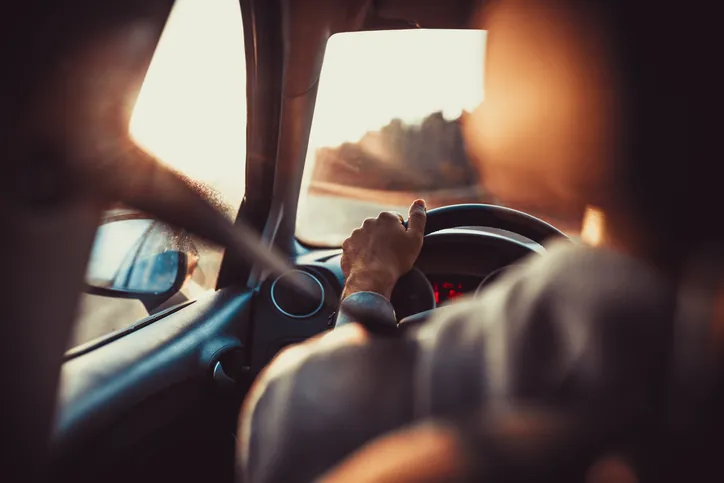
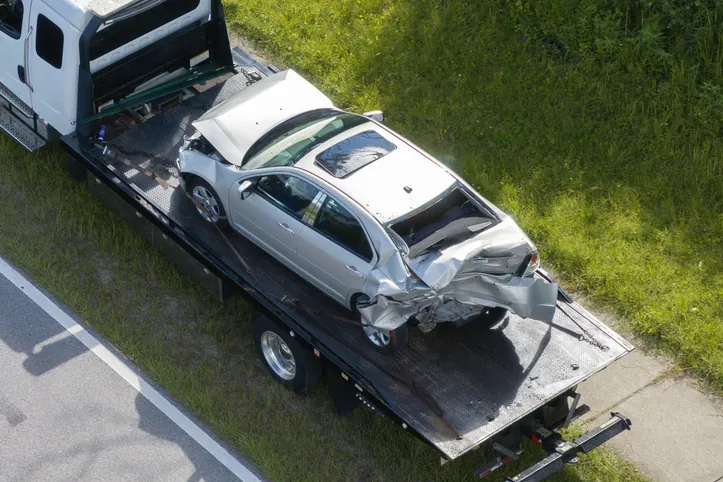
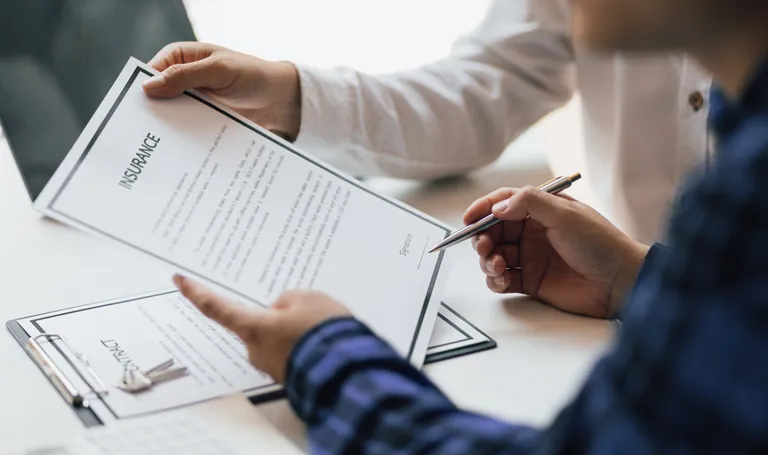
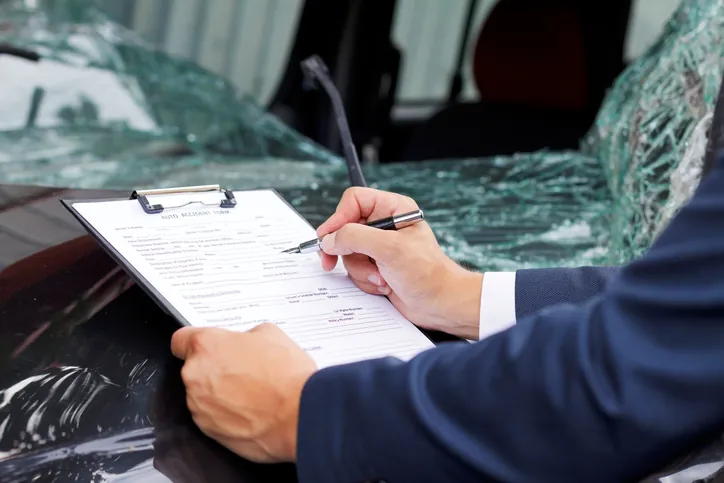
![Renee Gonzalez Killed in Pedestrian Accident on Highway 199 [Springtown, TX]](https://alphaaccidentlawyers.com/wp-content/uploads/2023/11/iStock-1472245535-1-720x480.jpg.webp)
